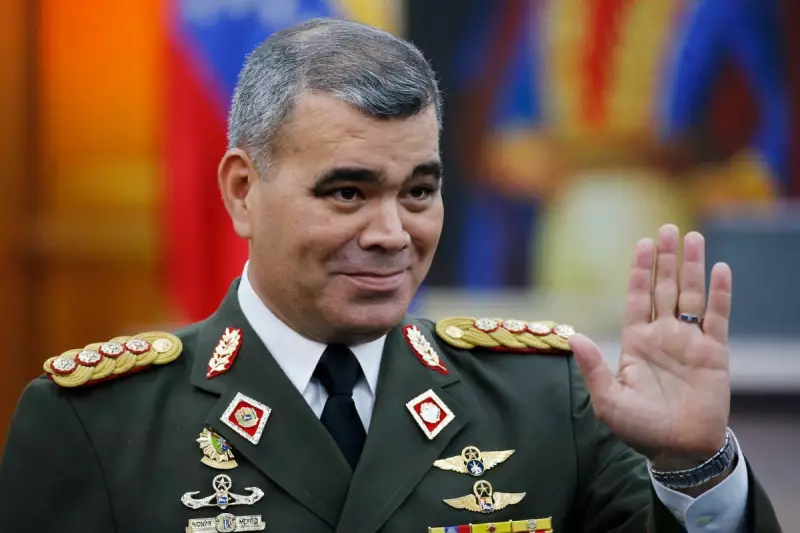
Venezuelan leader Nicolás Maduro has dramatically escalated regional tensions by ordering a significant deployment of military vessels, including a formidable frigate, to the Atlantic coast near Guyana. The move is a direct response to the arrival of a US-backed UK naval ship in Guyanese waters, intensifying a long-simmering dispute over the oil-rich Essequibo region.
The Venezuelan government has labelled the British offshore patrol vessel, HMS Trent, an outright "threat" and a violation of a recent diplomatic accord. This accord, struck just weeks ago in St. Vincent and the Grenadines, saw both nations agree to refrain from any use of force and to settle their differences peacefully.
A Show of Force in the Caribbean
In a nationally televised address, President Maduro announced the activation of a "joint defensive action" by Venezuela's armed forces. The operation will involve the deployment of 5,600 military personnel, a Venezuelan-made frigate, amphibious landing vessels, and aircraft. This powerful show of force is framed as a necessary defensive measure to protect Venezuela's sovereignty.
The heart of the conflict is the 160,000-square-km Essequibo territory, which Venezuela claims as its own despite it being internationally recognised as part of Guyana. The dispute has been reignited in recent years by major oil discoveries off the coast of the contested area.
International Condemnation and Warnings
The situation has drawn swift international concern. The US State Department has publicly criticised Venezuela's "unjustified" actions, urging respect for Guyana's sovereignty. Meanwhile, a senior US official confirmed that military exercises conducted with Guyana would continue, signalling unwavering support for the Georgetown government.
This latest crisis underscores the volatile nature of the dispute and its potential to destabilise the Caribbean region. The world watches closely as diplomatic efforts are tested by military posturing and the shadow of valuable energy resources.





